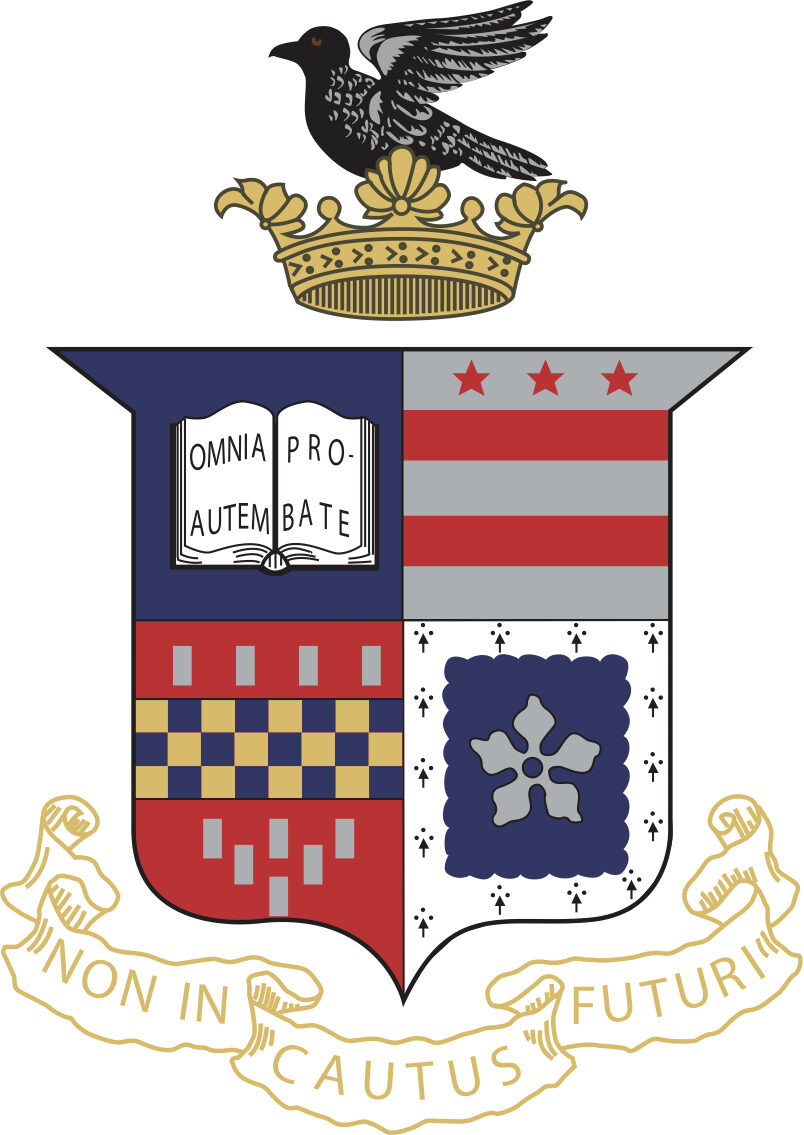The 2021 Supreme Court term created shockwaves by overturning Roe v. Wade, 410 U.S. 113 (1973). The Washington & Lee School of Law Federalist Society chapter brought together Professors Helen M. Alvaré of George Mason University Antonin Scalia School of Law, and Professors Samuel Calhoun, Alan Trammell and Ben Davis of Washington & Lee School of Law to discuss the far-reaching ramifications ofDobbs v. Jackson Women’s Health Organization, 142 S.Ct. 2228 (2022). The panel was moderated by Haley Carter ‘24L, the W&L Federalist Society Vice President. Each panelist addressed aspects of the decision relevant to their areas of expertise. The discussion included how the Fourteenth Amendment could be used to create a right to life for the unborn, how Dobbs may alter any substantive due process cases and rights moving forward, how the law should consider women’s rights when women themselves are split on the issue of abortion, and how abortion restrictions could violate international human rights law. The product resulted in a diverse and balanced discussion of the Supreme Court’s decision last June.
To access the recording: https://wlu.box.com/s/dff9ij612t0a94o1lbgzfad4an1knd04
